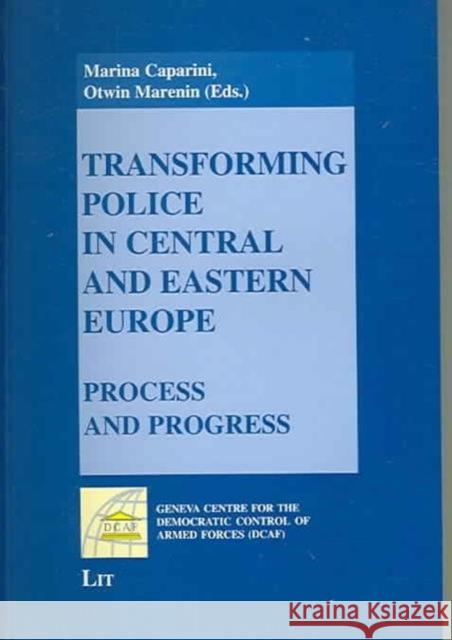Transforming Police in Central and Eastern Europe: Process and Progress » książka
Transforming Police in Central and Eastern Europe: Process and Progress
ISBN-13: 9783825874858 / Angielski / Miękka / 2005 / 376 str.
The issue of police reform in countries in transition from state socialism toward more democratic forms of governance has risen to practical prominence in recent years. The collapse of the Soviet Union initiated fundamental changes in aspirations, ideologies and governing practices among former members of the socialist camp. Reforming policing systems which had served primarily to protect the party-states from their opponents into systems which serve and protect civic society has come to be seen as an essential prerequisite and concomitant of the democratisation process in transitional countries. The chapters in this book describe what has happened to the policing systems in 14 countries in Central and eastern Europe; what reforms in ideology, organisation, policies and practices have been undertaken; what has changed in the way policing is done; and assessment of whether the policing system has moved closer toward democratic policing. In combining descriptions of reforms and assessments of whether reforms have moved policing systems toward more democratic forms, the book provides a comparative overview of what has been achieved since 1989 and what has been learned so far about how to reform policing systems along democratic lines. Such lessons offer insights for further reform in transitional countries and for Western democracies as well, and we hope will stimulate more theoretical discussions of the nature and dynamics of policing systems, state-society relations, and the role of processes of democratisation of policing systems.











